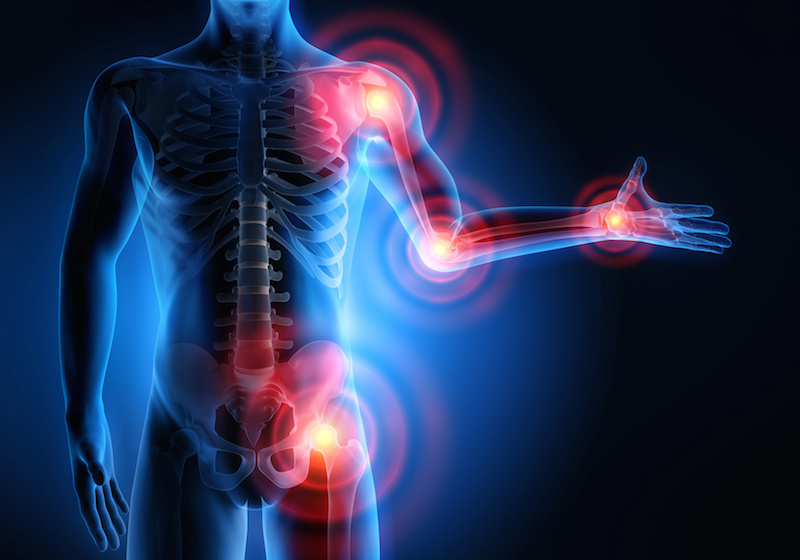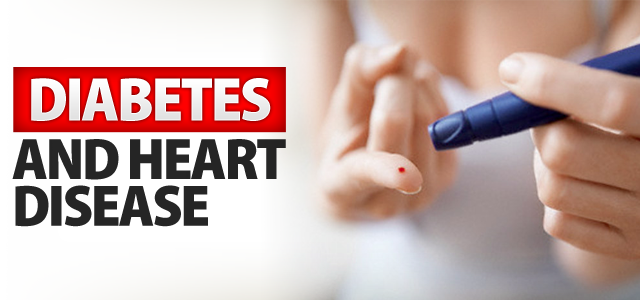
How to Reduce Your Risk of Developing Type 1 and Type 2 Diabetes
If you consume more than two of these drinks per day, you may be at greater risk of developing diabetes.

If you consume more than two of these drinks per day, you may be at greater risk of developing diabetes.

Two studies have determined consuming beverages containing a certain ingredient is linked to a significant increase in the risk of developing cardiovascular (heart) disease, type 2 diabetes and stroke.

A new study, published this week in PLOS Medicine, shows that a diet low in animal-based foods and high in plant-based foods substantially lowers the risk of type 2 diabetes. They also find that the quality of the plant-based diet plays a significant role.

Do you know what inflammation is? It’s an important protective, self-healing response that removes harmful substances-including damaged cells, toxins, or an invading organism, such as bacteria, virus or fungus. Ironically, ongoing (chronic) inflammation promotes the development of most diseases. A new study identified foods that can help prevent chronic inflammation.

Are you aware of your thoughts and feelings throughout the day? Doing so may help to maintain a healthy blood sugar level, a decreased risk of obesity and greater sense of control among more mindful people may play mediating roles.

As the incidence of diabetes continues to rise, and the health care industry attempts to turn the tide, a new study has found that this diet helped obese women lose weight and lower their future risk for developing diabetes and heart disease.

Conventional medical thinking holds that diabetes, even medical intervention is a downward spiral of progressively worsening blood sugars, and it’s devastating organ damage and complications. The thought of reversing it, is unimaginable to most physicians and diabetic patients. Is possible to offer hope of reversing diabetes?
Diabetics who exercise can trim waist size and body fat, and control blood glucose, even if they don’t see cardiorespiratory benefits, new research by UT Southwestern Medical Center cardiologists shows.